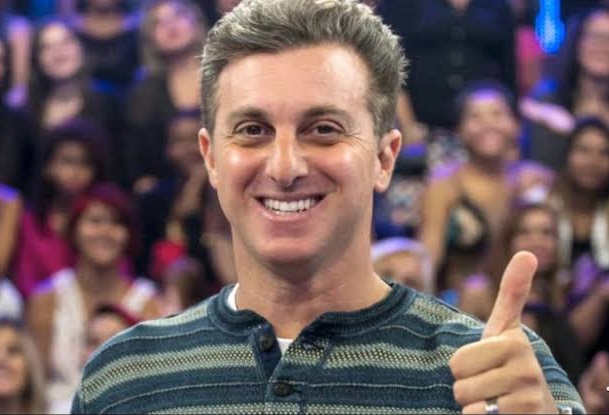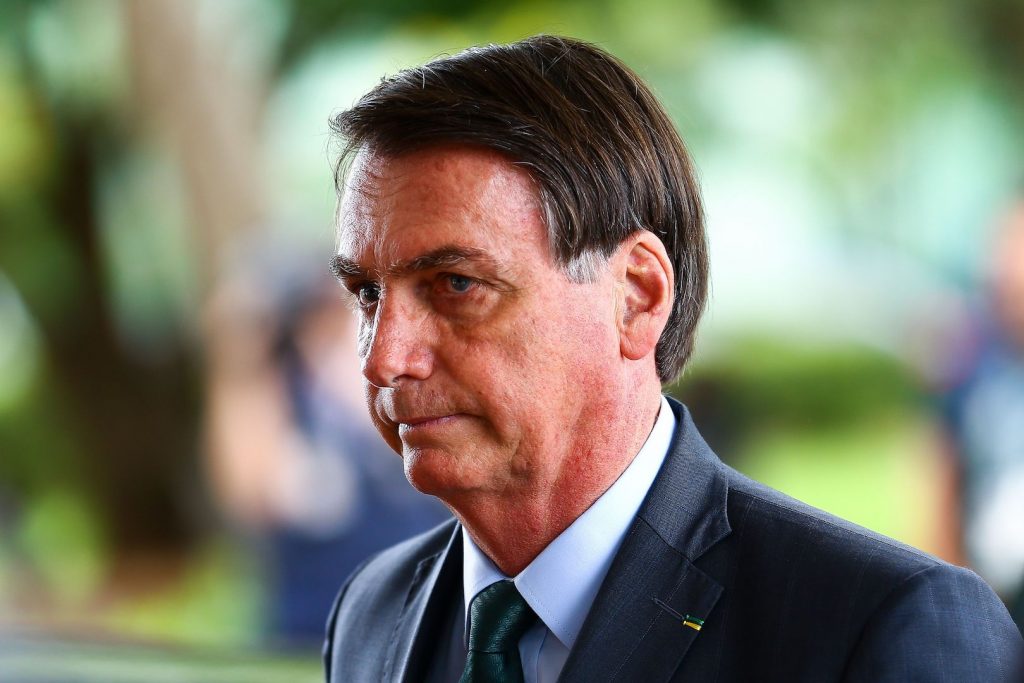RIO DE JANEIRO, BRAZIL – This is the first time that the president has been overtaken since January 2019, when monitoring began. The survey considers five aspects: renown of public figures (number of followers), engagement (comments and liked posts), involvement (sharing of posts), relevance (positive and negative reactions to posts) and presence (number of social networks in which the person is active).

Variables are observed in the three main platforms (Facebook, Instagram, and Twitter), in monthly assessments.
A specific statistical model measures and calculates the significance of each aspect, and the analyzed figures are ranked on a scale from 0 to 100.
Since January 2019, when the Quaest began monitoring, Bolsonaro was the isolated leader in popularity among ten potential presidential candidates observed. However, in December the president was overtaken for the first time.
The new top of the ranking is now held by Luciano Huck, who reached an index of 75.36. Jair Bolsonaro stood at 66.24. Ex-president Luiz Inácio Lula da Silva, at 29.09, ranks well below. The figures refer to network activity from December 1st to 31st, 2019.
A month earlier, Bolsonaro recorded an IPD (Digital Popularity Index) of 76.62, Huck reached 36.89 and Lula achieved 36.38.
Host Luciano Huck outperformed President Jair Bolsonaro in an index measuring popularity on social media.
“In December, we saw a very surprising trend, because it was the second month in which Bolsonaro and Lula dropped in digital performance, and Huck now features as the name that stands out,” says Felipe Nunes, a professor at the Federal University of Minas Gerais and director of Quaest.
According to Nunes, Huck’s performance is not tied to politics, but to his career in television. The study shows that publications on topics related to the political scene are less successful on the host’s networks.
Nunes mentions one of Huck’s three posts in December, in which he shares the story of a motorcyclist who, in the rain, carried an unknown girl in his lap to get her out of a flooded area. It counted over 300,000 likes on Facebook.
In comparison, a January post about wildfires in Australia had about 3,900 likes. His post condemning the video in which the former Secretary of Culture Roberto Alvim uses Nazi references had approximately 13,000 likes.

According to a Quaest report, Huck’s challenge is to convince his followers that he can play a role in politics, since so far his fans favor the TV host.
“It’s an unprecedented phenomenon, but it’s important to explain that Huck’s improvement is due to an emotional component of attachment to the show, not to the conventional political agenda. It says a lot about what Huck has to do or how he intends to use digital performance for a potential political campaign,” Nunes says.
Bolsonaro, in turn, remains strong on social media. Just behind Huck in the overall ranking, the president was the one who scored the most in terms of engagement, which analyzes comments and post likes, and has a wide network of digital mobilization.
Quaest’s monitoring shows that Bolsonaro reaches peaks according to the government’s crises. With each new tension, the president saw his points drop in relevance (relationship between positive and negative reactions), which grew again when the conflict was settled.
“He zigzagged, yet with a network of extremely high mobilization and engagement. He managed to build a fan club that grew throughout the year,” says Nunes.
Lula, the third in the IPD ranking, has a lower networking ability.
The leftist had only two events in which his posts stood out: on his birthday, in October, and on his release, in November.
It is noteworthy that, as the ex-president was imprisoned until last year, his profiles were fed by a team of advisors.
“It’s a very small bubble compared to Bolsonaro, with lower mobilization and engagements,” says Nunes.
Quaest also monitors the networks of seven other potential presidential candidates. In December’s ranking, just after Lula come Fernando Haddad, João Amoêdo, Henrique Meirelles, Guilherme Boulos, Marina Silva, Ciro Gomes, and Álvaro Dias.
Source: Folha de S.Paulo

